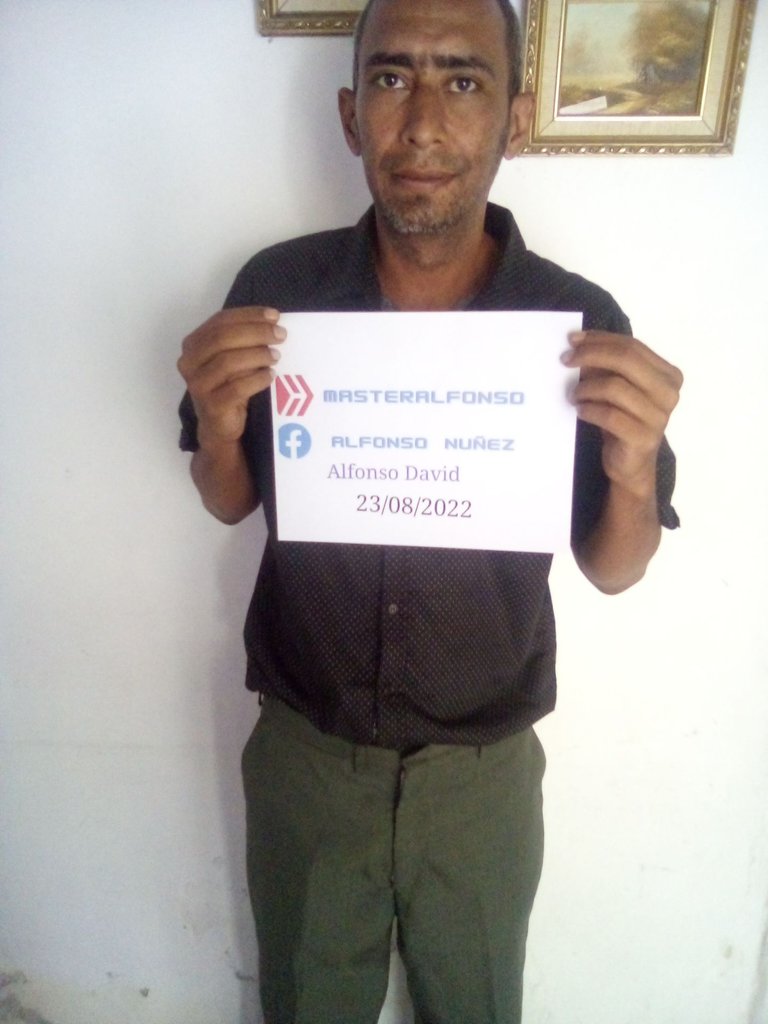
Es irónico, que al abordar un intereses netamente personal, me sumerja en intereses que competen a todos, porque decir ¿Quién Soy?, es hablar de una serie de factores que me constituyen, la cultura en general. Para empezar, respondiendo a la naturaleza propiamente dicha de la escritura, es el contexto el que me da un significado, por lo tanto Quien Soy es una tarea de inquisición Histórica, venimos a este mundo en el cual la Historia es un fenómeno cultural que a priori nos constituye. Aunque seamos muy indiferentes de la Historia, hacemos uso de un lenguaje que esta conformado por procesos históricos, a ese rasgo del lenguaje le llamamos Diacronía en lingüística.
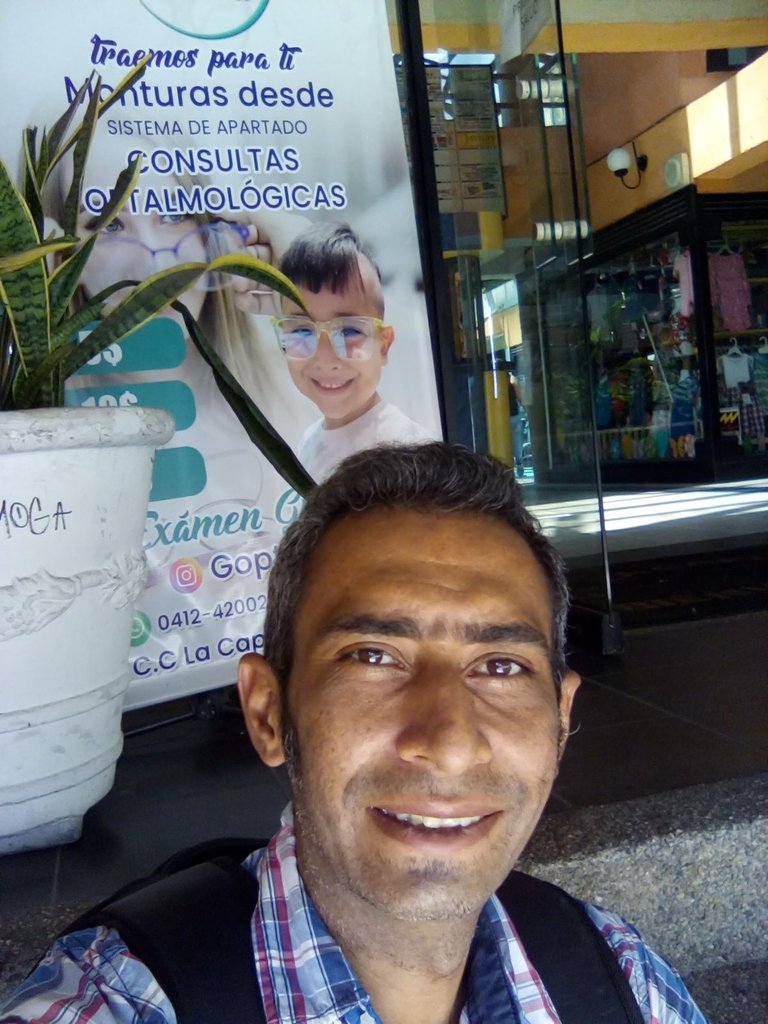
Tal vez algunos se preguntaran ¿Qué hace un profesor de Ingles, hablando de cualquiera de estos temas?, la respuesta es que todos estos campos del saber erigen la configuración curricular de mi carrera, al menos a vuelo raso, pero aquí no hay un razonamiento instrumental de mi parte, es decir yo no estudie Educación para aprender un conocimiento que me sirviera de herramienta para ejercer la docencia, es decir para cumplir una función institucional. No, aquí se desarrollan los mas plenamente posible todos los elementos constitutivos de la docencia, por que el conocimiento no es considero instrumental, sino mas bien la forma de ser propiamente dicha de una ser humano que se dedica a la docencia. Es decir todos estos campos del saber que se desbordan transversalmente aquí son los ejes articulatorios del deber ser de cualquier docente: La Filosofía.
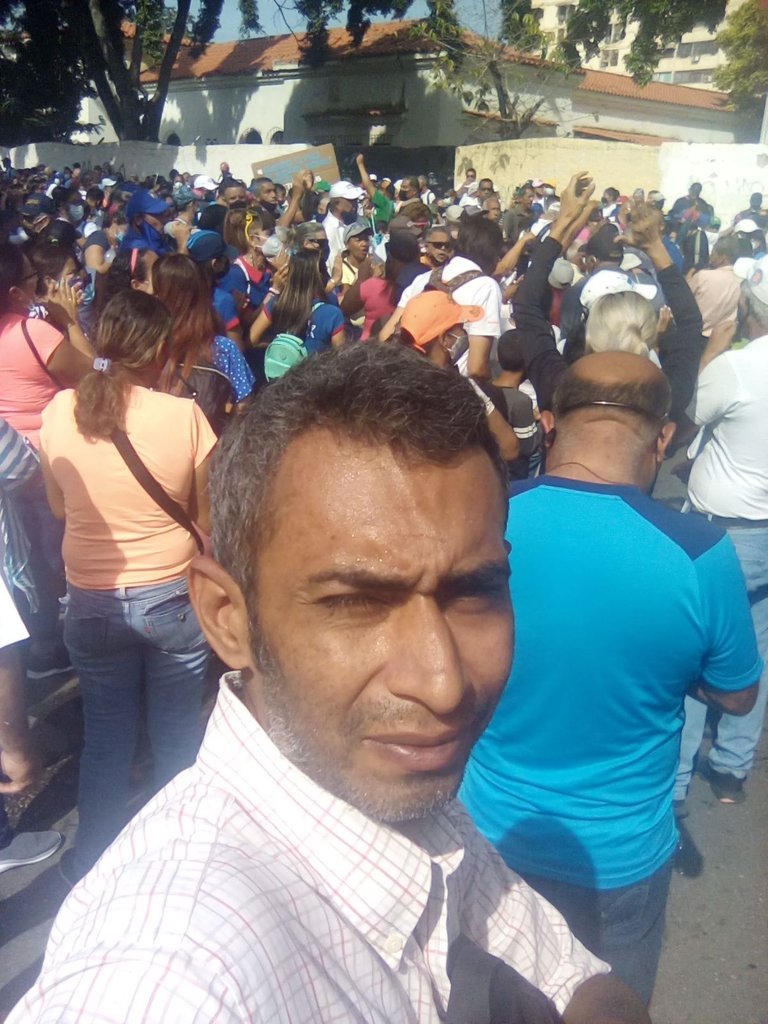
Hablando de influencias es necesario aclara que mi escritura esta atravesada pòr la experiencia lectora de autores o personajes históricos como Simón Bolívar de donde tomamos ese marcado interés por la libertad, característica de un desarrollo cognoscitivo o del conocimiento, Augusto Mijares quien nos brinda una imagen de Bolívar quien a mi juicio hace una excelente Hermenéutica del sujeto, Luis Alberto Machado quien despertó un marcado interés en la Inteligencia, Platón que por su sencillez nos permite introducirnos en el mundo de la Filosofía y nos permite comprender el fundamento del Cristianismo, Heráclito que nos impulsa a comprender los procesos Históricos, Tales de Mileto que en primera instancia traza los lazos entre ciencia y Filosofía que en ocasiones tienden a desaparecer, Sigmund Freud que al hacer explicito los efectos de la censura nos hace liberar nuestra creatividad, Jean Piaget quien con sus teorías del aprendizaje nos incita a ser explícitos, Erich Fromm que nos da un ejemplo bastante sencillo de escritura transversal, es decir que se pasea de un campo cultural hacia otro, Theodor Adorno y Max Horkheimer quienes con su crítica, nos dan herramientas para comprender la actualidad, Hegel que desarrolla al perspectiva histórica de Heráclito, Carlos Marx quien pone los pies en la tierra el desarrollo de Hegel, Albert Camus quien con su obra la Peste, escribe un preludio a la actual crisis por Coronavirus, Friedrich Nietzsche quien nos despierta un interés por la vida, Martin Heidegger quien nos pregunta por el Ser y Ludwig Feuerbach
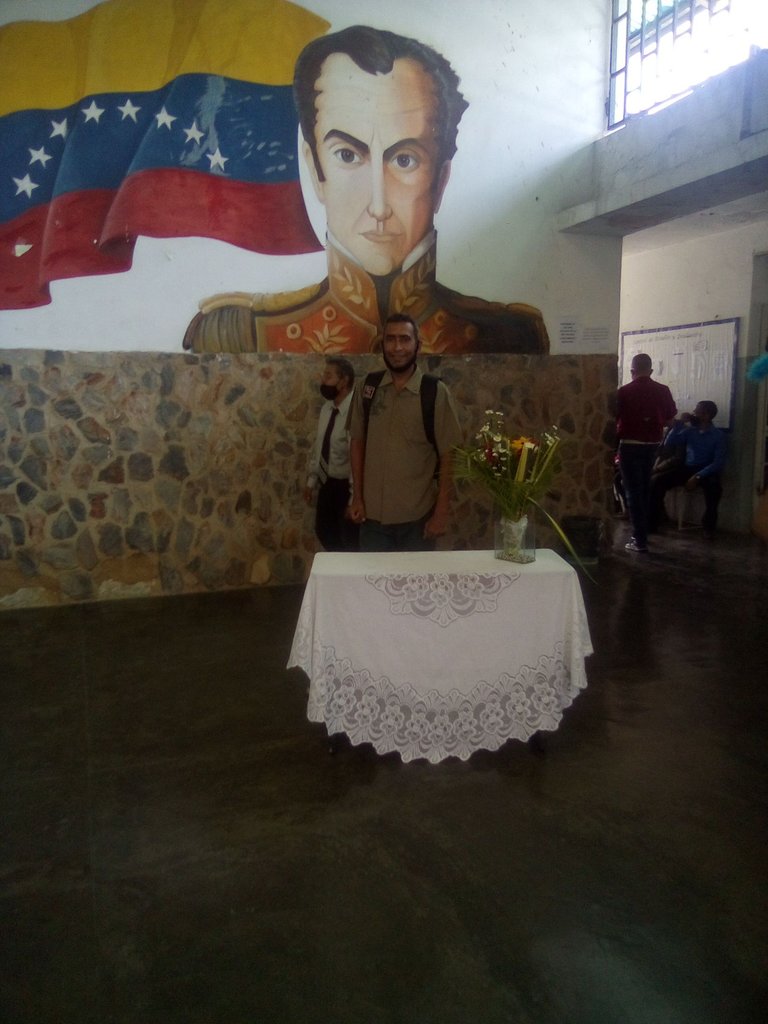
A pesar de que la definición de Filosofía como amor a la sabiduría sea la más popular, sin embargo hay evidencia dentro de la historia de la filosofía propiamente dicha que apunta hacia la dirección aquí indicada, como por ejemplo la palabra “Erotan” que la podemos encontrar en la obra de Platón. Erotan significa cuestionamiento, que proviene o es familia de la palabra “Eros”: amor. Por lo tanto vemos en esa palabra la correlación entre el amor y el cuestionamiento que es el principio fundamental de toda sabiduría. A su vez podemos encontrar en video ese mensaje a la posterioridad que da el Filósofo británico Bertrand Russell el cual define “El amor es sabio”.
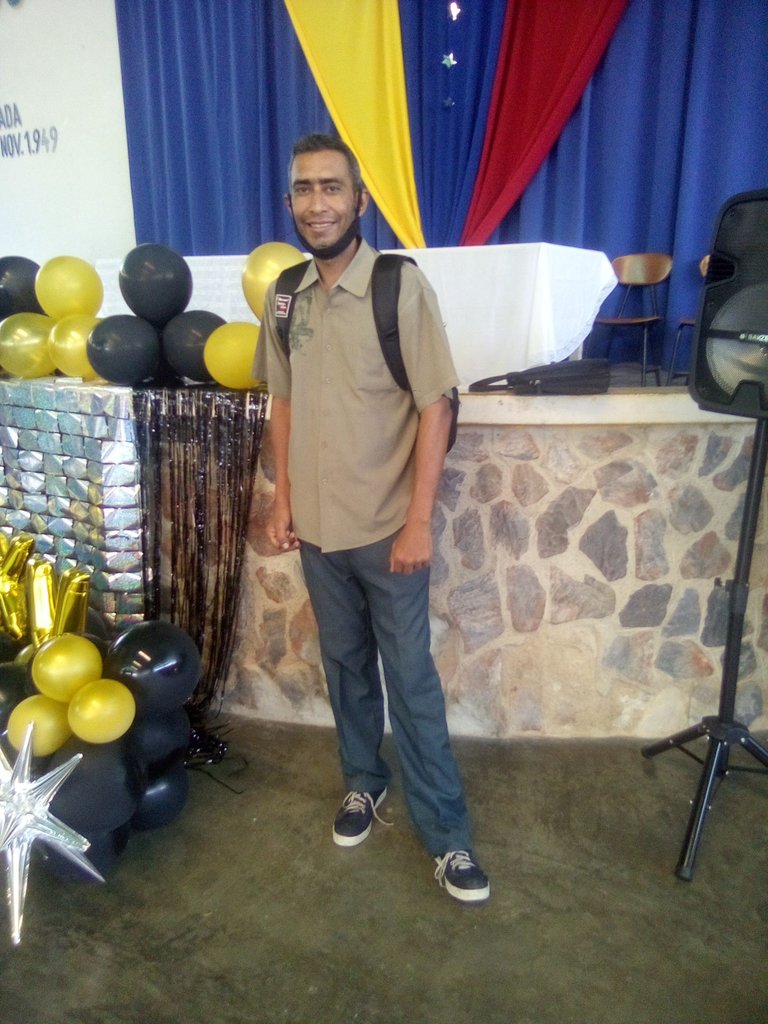
En fin para concluir mis agradecimientos a @rutablockchain y @bluemist
Facebook:Masteralfonso
My introduction to Hive
Hello, My name is Alfonso Núñez, an English teacher graduated from the Pedagogical School of Maracay, Venezuela. There is nothing more pertinent when undertaking a whole series of contents than to start by introducing Who I Am. It is precisely Who I Am that is the starting point on which what will follow this Introduction will be deployed. It is not the frustrated attempt to expose a Megalomania, but perhaps a systematic Irony.
It is ironic, that in addressing a purely personal interest, I submerge myself in interests that concern everyone, because to say Who am I? is to speak of a series of factors that constitute me, the culture in general. To begin with, responding to the very nature of writing, it is the context that gives me a meaning, therefore Who I Am is a task of historical inquisition, we come to this world in which history is a cultural phenomenon that a priori constitutes us. Although we are very indifferent to History, we make use of a language that is shaped by historical processes, we call this feature of language Diachrony in linguistics.
However, it is not an interest in history in general, we are interested in the history that makes us human beings, especially the history of knowledge. Therefore History leads us to a second field of interest, Anthropology, that is, the study of the Human Being. A human being that is characterized by having different dimensions of his Being, such as Existential, Artistic, Psychological, Social, Biological and Political. That is to say, I am a human being that in the search of his Being confronts diverse fields of culture.
The answer is that all these fields of knowledge make up the curricular configuration of my career, at least as I fly by, but here there is no instrumental reasoning on my part, that is, I did not study Education to learn a knowledge that would serve me as a tool to practice teaching, that is to say, to fulfill an institutional function. No, here all the constitutive elements of teaching are developed as fully as possible, because knowledge is not considered instrumental, but rather the way of being of a human being who is dedicated to teaching. That is to say, all these fields of knowledge that overflow transversally here are the articulating axes of the duty to be of any teacher: Philosophy.
In fact, this way of developing a cultural content from biographical elements is due to the influence of a notable philosopher such as René Descartes. In his "Discourse on Method", which should be a purely methodological expression, that is to say, a technical one, we see how it is subtracted from Descartes' life. Because at the end of the day one raises all this technical vocabulary, but in the end what is being talked about is something as obvious as life itself. Of course, some will think that they live their lives without paying the least interest to all these topics, and later on in other opportunities the reason for this discrepancy will be developed. That is to say, what we are trying to establish is that we should all be interested in all these topics and if we do not, it is a matter that we must address, analyze in order to extract the characteristics of our culture.
Speaking of influences, it is necessary to clarify that my writing is crossed by the reading experience of authors or historical figures such as Simón Bolívar from whom we take that marked interest in freedom, characteristic of a cognitive development or knowledge, Augusto Mijares who gives us an image of Bolívar who in my opinion makes an excellent Hermeneutics of the subject, Luis Alberto Machado who awakened a marked interest in Intelligence, Plato who by his simplicity allows us to enter the world of Philosophy and allows us to understand the foundation of Christianity, Heraclitus who impels us to understand the Historical processes, Thales of Miletus who in the first instance traces the links between science and Philosophy that sometimes tend to disappear, Sigmund Freud who by making explicit the effects of censorship makes us free our creativity, Jean Piaget who with his theories of learning encourages us to be explicit, Erich Fromm who gives us a fairly simple example of transversal writing, i.e. that moves from one cultural field to another, Theodor Adorno and Max Horkheimer who with their criticism give us tools to understand today, Theodor Adorno and Max Horkheimer who with their criticism give us tools to understand today, Theodor Adorno and Max Horkheimer who with their criticism give us tools to understand today, Theodor Adorno and Max Horkheimer who with their criticism give us tools to understand today, Hegel who develops the historical perspective of Heraclitus, Karl Marx who brings Hegel's development down to earth, Albert Camus who, with his work The Plague, writes a prelude to the current Coronavirus crisis, Friedrich Nietzsche who awakens our interest in life, Martin Heidegger who asks us about Being, and Ludwig Feuerbach who gives us the tools to understand today's world.
This last influence, that of Feuberbach, is the one that makes explicit a character of my way of being that is necessary to clarify, I am not a philosopher in the sense of a lover of knowledge, that is to say, wisdom is not placed here as an object of love, no, in me love and wisdom are in a state of correlation, of reciprocity. That is to say, I am a lover and because I am a lover I am going to interfere in the fields of knowledge.
Although the definition of philosophy as love of wisdom is the most popular one, nevertheless there is evidence within the history of philosophy itself that points in the direction indicated here, as for example the word "Erotan" that we can find in Plato's work. Erotan means questioning, which comes from or is related to the word "Eros": love. Therefore we see in this word the correlation between love and questioning, which is the fundamental principle of all wisdom. At the same time we can find in video that message to posterity given by the British philosopher Bertrand Russell which defines "Love is wise".
Finally I am very happy with my arrival at Hive, I arrived through a colleague with whom we had already exercised some literary activity, I got to publish an article for a magazine. I feel that for me it will be a challenge to try to write about topics that require remarkable development in small articles, but well the obstacles far from being an impediment are an incentive to do things better, the adversity here is not a form of undermining, adversity is the full experience of learning and therefore we will be better.
Finally to conclude my thanks to @rutablockchain and @bluemist
Facebook:Masteralfonso
Welcome to Hive 🙌 Most times it won't matter how if you write a lot on one post, they don't have to be short. The exception being if it's a contest which requires it to be a certain length.
Congratulations @masteralfonso! You have completed the following achievement on the Hive blockchain and have been rewarded with new badge(s):
Your next target is to reach 300 upvotes.
You can view your badges on your board and compare yourself to others in the Ranking
If you no longer want to receive notifications, reply to this comment with the word
STOPCheck out the last post from @hivebuzz:
Support the HiveBuzz project. Vote for our proposal!
Hermano ojo tremendo texto!